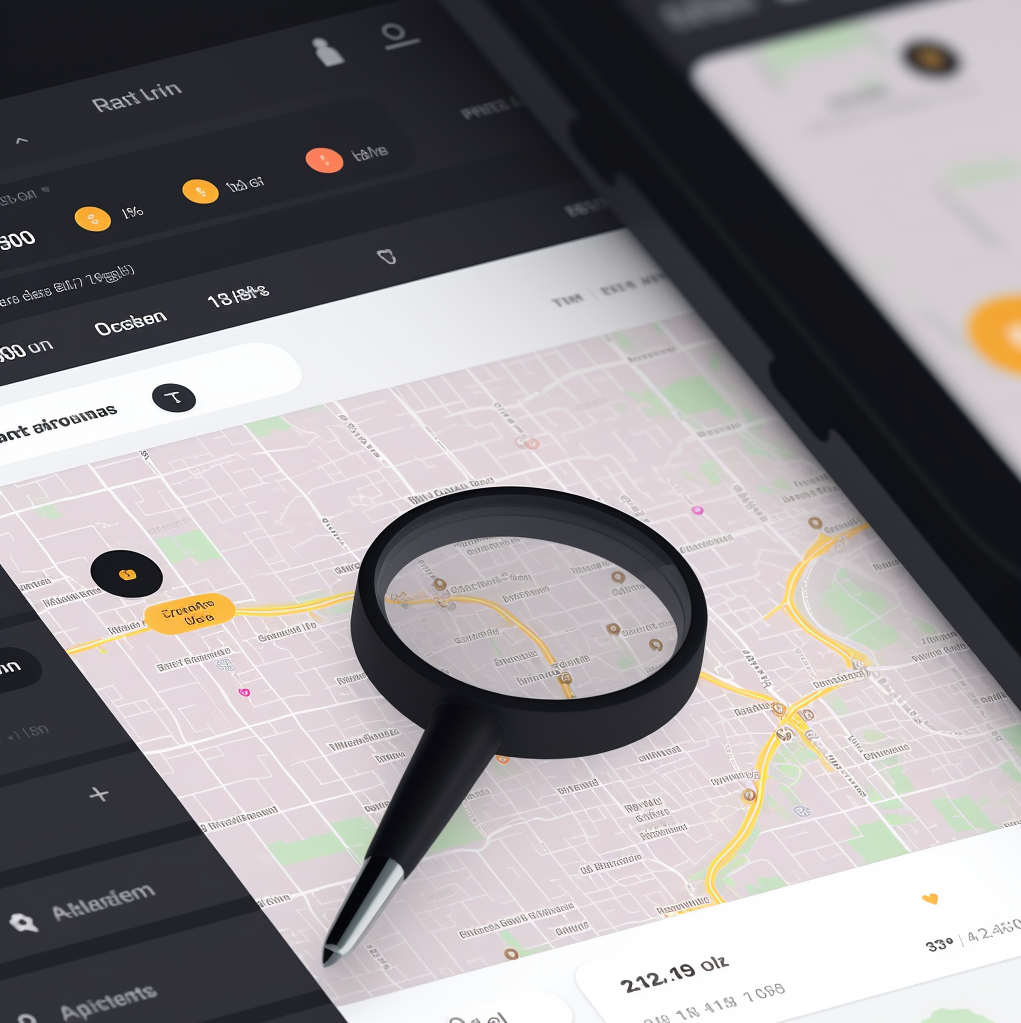SEO success in Nashville doesn’t start with content, code, or backlinks—it starts with keywords. Choosing the right keywords can make or break your campaign. Pick the wrong ones, and you’ll waste months of time and money attracting the wrong audience—or worse, no audience at all.
So how do you choose keywords that actually rank and convert in a local market like Nashville? In this post, we’ll break down the keyword strategy we use at Atomic Design to help clients dominate their niche and attract buyers—not just browsers.
Why Keyword Strategy Matters for Local SEO
Every time someone searches “Nashville accountant,” “landscaper near me,” or “best Italian restaurant in Green Hills,” Google decides which businesses to show—based largely on keyword relevance.
That’s why keyword strategy is the foundation of successful local SEO. It ensures your website and content are aligned with:
- What people are searching for
- Where they’re searching from
- Why they’re searching (buying vs. browsing intent)
In our Nashville SEO services, keyword research is always step one. Because if you don’t target the right terms, the rest of your SEO won’t matter.

Step 1: Define Your Business Goals
Before you ever open a keyword tool, you need to understand:
- Who your ideal customer is
- What services or products are most profitable
- Where your business operates (specific neighborhoods or zip codes?)
- What actions you want visitors to take (calls, bookings, purchases?)
For example, a local HVAC company might prioritize high-intent keywords like “emergency AC repair Nashville” over broader terms like “HVAC tips.”
The goal isn’t traffic—it’s targeted traffic that converts.
Step 2: Understand Search Intent
Search intent is what the user really wants when they type a query into Google. There are four main types:
- Informational: “How to fix a leaky faucet”
- Navigational: “Atomic Design Nashville”
- Commercial: “Best SEO agency in Nashville”
- Transactional: “Hire SEO company Nashville”
You should focus most of your efforts on commercial and transactional keywords—those that indicate a user is ready to hire or buy.
We go deeper into this in our post on what to look for in a Nashville SEO company, where we break down the difference between “ranking” and “ROI.”
Step 3: Use Keyword Research Tools
Once your goals and intent are clear, it’s time to find real keyword data. We recommend using:
- Semrush – for keyword difficulty, search volume, and competitor analysis
- Ahrefs – for finding long-tail opportunities and backlink gaps
- Google Search Console – to analyze current keyword performance
- Google Autosuggest and “People Also Ask” – to capture AI-driven phrases
Start with broad terms (e.g., “Nashville web design”) and drill down into specific, long-tail versions like:
- “affordable web design Nashville TN”
- “WordPress web design company in East Nashville”
- “hire ecommerce developer Nashville”
These are less competitive and often higher-converting.

Step 4: Group and Map Your Keywords
Once you’ve built your list, organize them into groups based on:
- Search intent
- Location relevance
- Topic or service category
From there, assign each keyword group to a specific page or post on your site. This process is called keyword mapping—and it ensures you don’t accidentally compete with yourself or confuse Google about which page to rank.
For example:
- Your homepage might target “Nashville digital marketing agency”
- A service page could target “SEO services in Nashville”
- A blog post like this one might focus on “how to choose keywords for Nashville SEO”
By aligning intent, content, and structure, you give search engines exactly what they need to boost your visibility.
Step 5: Consider Local Modifiers and Variations
In Nashville, people don’t always search using the same phrasing. One person might search “SEO consultant Nashville,” another might type “best SEO company near me.” Both are valuable—but you’ll need different content or pages to capture them.
Here are common local keyword modifiers to include:
- Neighborhoods: East Nashville, Bellevue, Brentwood
- Zip codes: 37203, 37027
- Service areas: Middle Tennessee, Williamson County
- “Near me” phrases: especially important for mobile
We also recommend building landing pages for priority suburbs. For example, our digital marketing services page is supported by additional content targeting different service areas, just like this blog supports our main Nashville SEO landing page.

Step 6: Track, Refine, and Expand
Once your keywords are live and content is published, your job isn’t done. Track performance over time using tools like:
- Google Search Console (for impressions and clicks)
- Google Analytics 4 (to track behavior and conversions)
- Rank tracking software (Semrush, Ahrefs, SERPWatcher)
Monitor what’s working, where you’re gaining traction, and what pages might need a refresh. SEO is a dynamic process—and your keyword strategy should evolve as search trends shift.
As we explore in our next blog on content marketing, building keyword-rich content is the key to staying competitive in 2025 and beyond.
Keyword Strategy in Action: A Nashville Case Study
One of our clients, a local law firm, initially targeted only broad terms like “lawyer Nashville.” After conducting a full keyword strategy audit, we identified dozens of more specific, high-intent queries such as:
- “Nashville divorce attorney for men”
- “prenup lawyer 37205”
- “child custody lawyer Franklin TN”
By aligning their site structure and content with these queries, they increased organic leads by 117% in just four months.
Final Thoughts: SEO Starts With the Right Words
If you skip keyword strategy, every other SEO effort becomes less effective. But when you start with the right terms—grounded in intent, mapped to your site, and targeted to Nashville’s unique market—you gain a huge competitive advantage.
At Atomic Design, we build keyword strategies that translate into business results. Whether you’re just starting out or optimizing an existing site, we’ll help you uncover the opportunities that matter—and show you how to own them.

